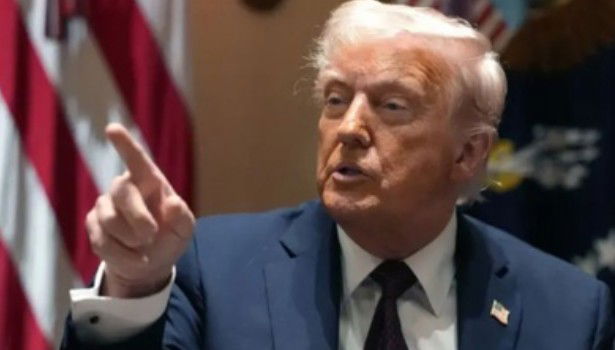America
Over 970 sign 'anti-tariff declaration' against Trump's tariff policy: Media reports

Beijing, April 21
Over 970 people, including dozens of the world's top economists have signed an "anti-tariff declaration" criticising the tariff policy adopted by US President Donald Trump's administration as "misguided" while warning of a potential "self-inflicted recession," reports by media outlets have said.
The letter, signed by renowned economists including Nobel laureates James Heckman and Vernon Smith, was circulated over the weekend, and by the dawn of Sunday, it had been signed by 976 individuals, the reports said.
In this "Trade and Tariffs Declaration: A Statement on the Principles of American Prosperity," the authors denounced Trump's "reciprocal" tariffs that are affecting more than 180 countries and regions around the world. The "reciprocal" tariff rates are "calculated using an erroneous and improvised formula with no basis in economic reality," the letter said.
On April 2, Trump announced sweeping tariffs against the US trading partners, calling the day "liberation day." But only one week later, he ordered a 90-day pause on the highest tariffs while keeping a 10 per cent baseline rate for most countries, Xinhua news agency reported.
Trump's tariff policy has triggered massive sell-offs on stock markets, as well as retaliatory tariffs and other countermeasures by countries. "We anticipate that American workers will incur the brunt of these misguided policies in the form of increased prices and the risk of a self-inflicted recession," the letter said.
Trump has argued the tariffs are meant to reverse a persistent overall trade deficit and help boost the US manufacturing industry. However, the letter pointed out: "The current administration's tariffs are motivated by a mistaken understanding of the economic conditions faced by ordinary Americans."
The authors urged an end to Trump's "incoherent and damaging policies" on trade, adding "We remain hopeful, however, that sound economic principles, empirical evidence, and the warnings of history will prevail over the protectionist mythologies of the moment."



































